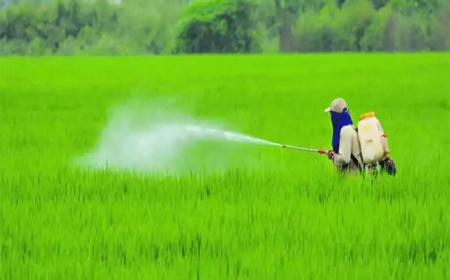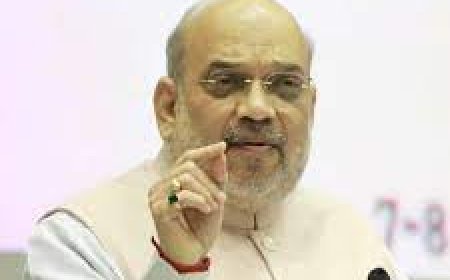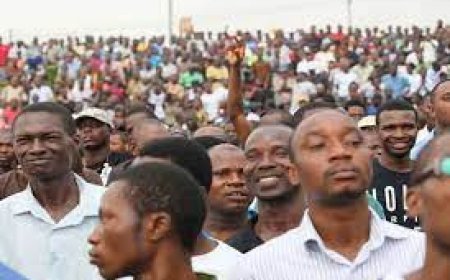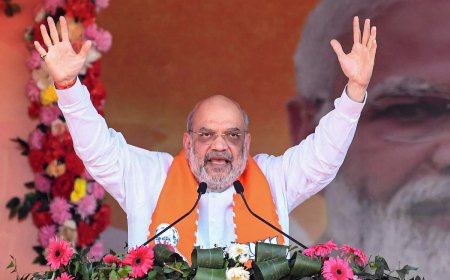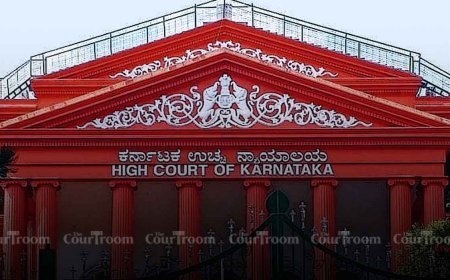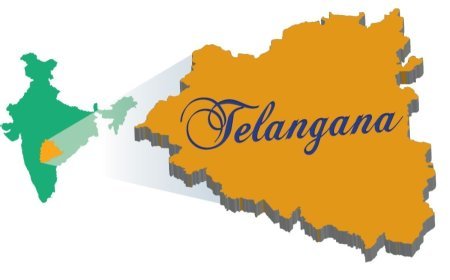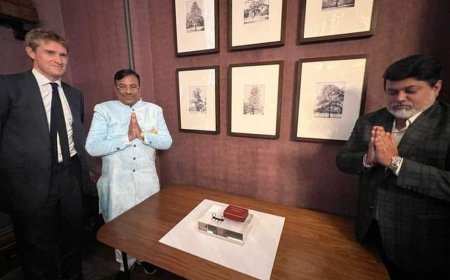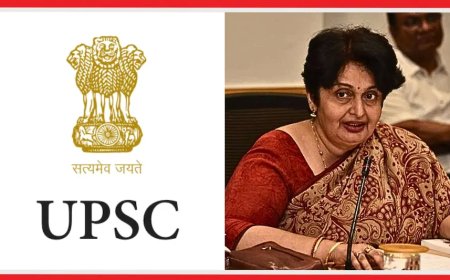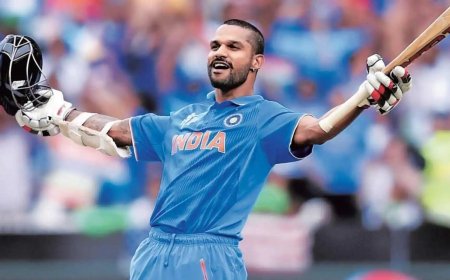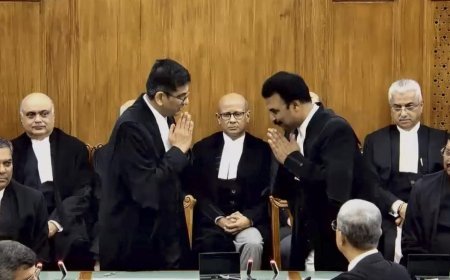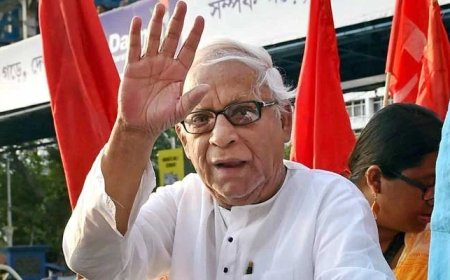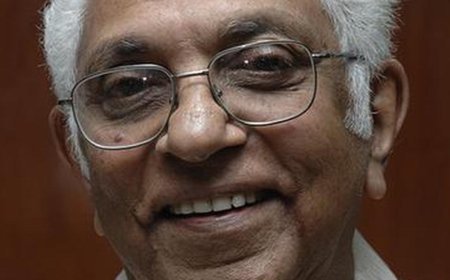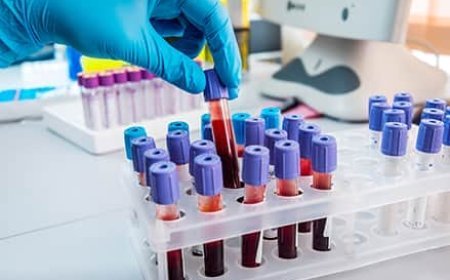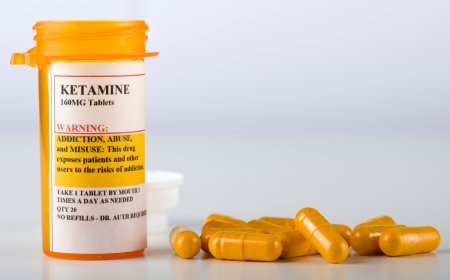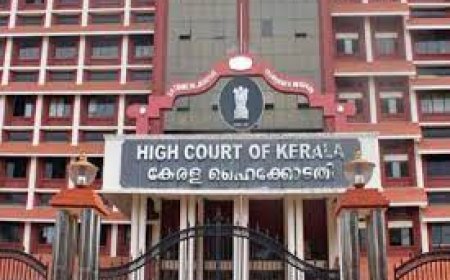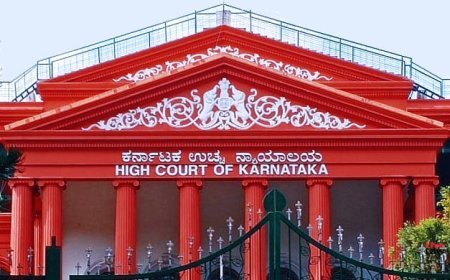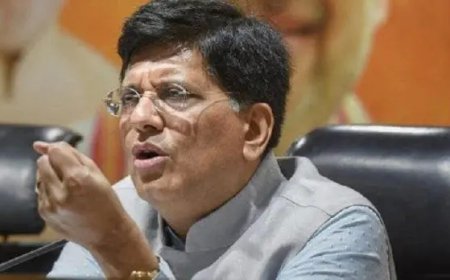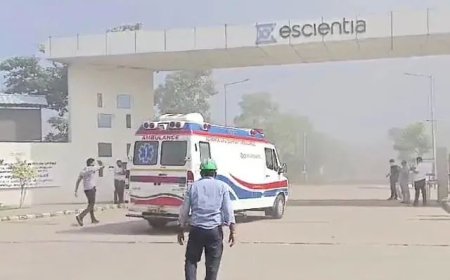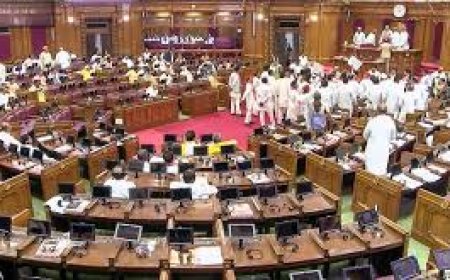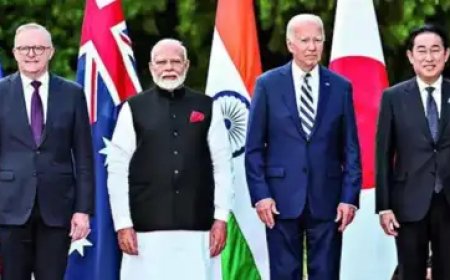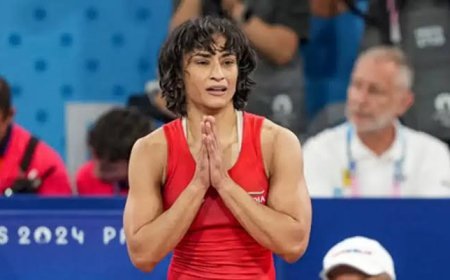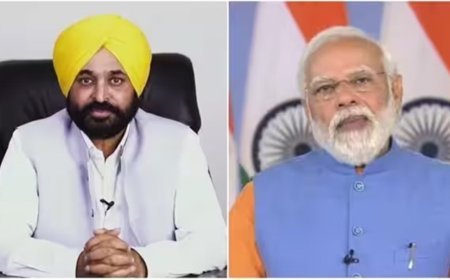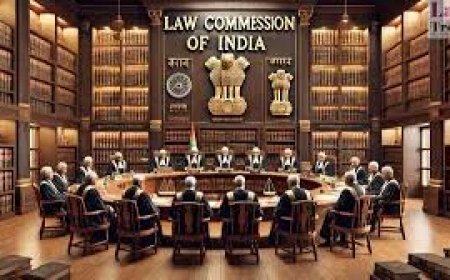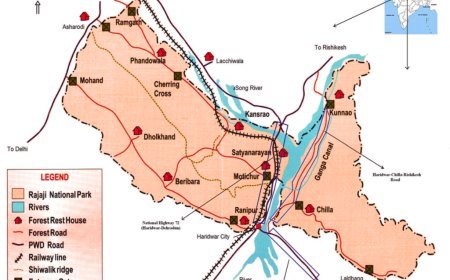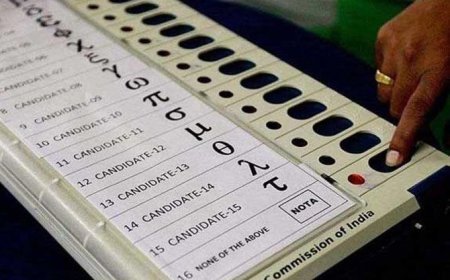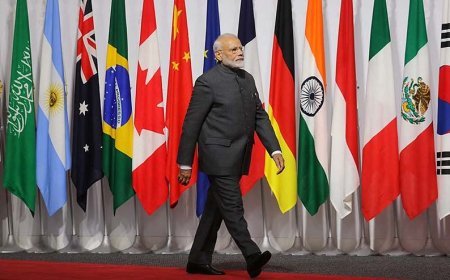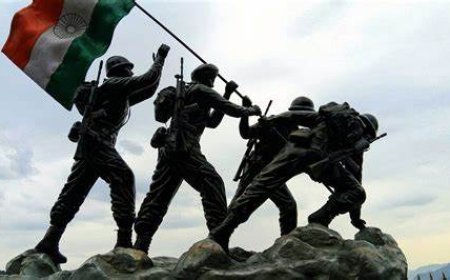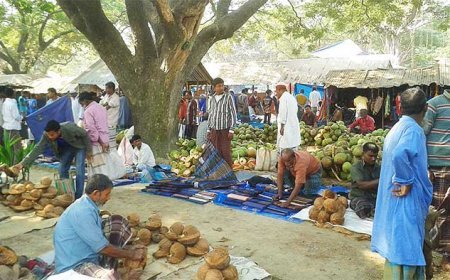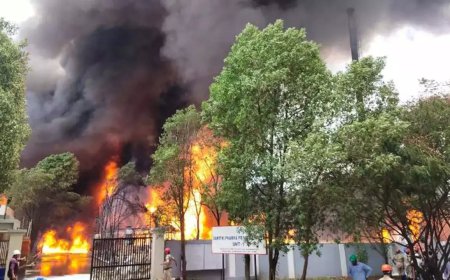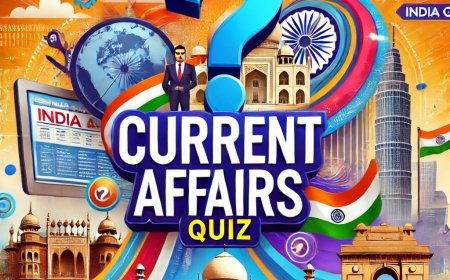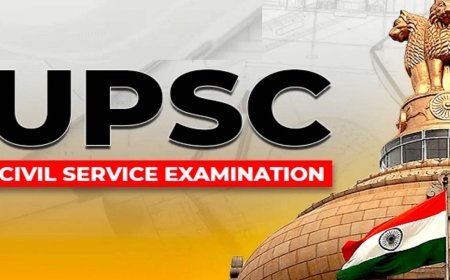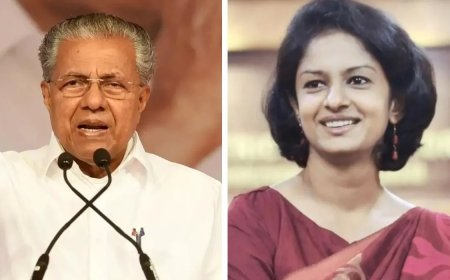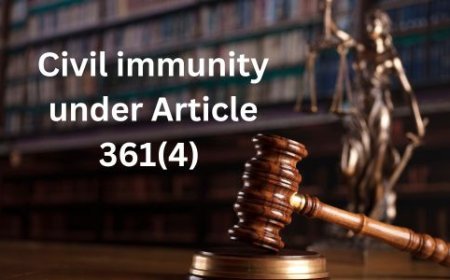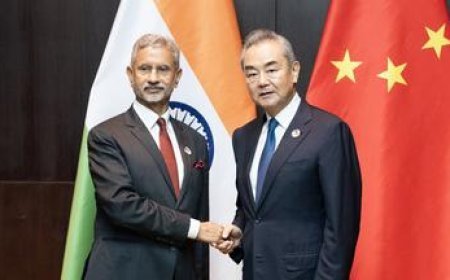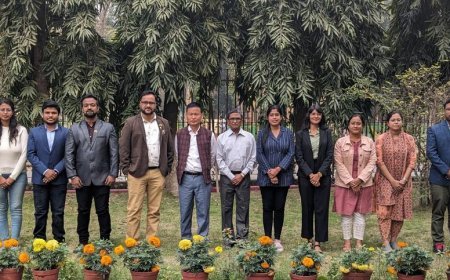Is Immunity for the President and Governors Absolute?

Is Immunity for the President and Governors Absolute?
Overview: A recent case has brought the issue of immunity for the President and Governors under scrutiny. The petition involves a woman, identified as 'XXX' to protect her identity, who has accused West Bengal Governor C.V. Ananda Bose of sexual harassment and molestation.
The Petitioner's Argument: The petitioner claims that the "absolute immunity" provided to the Governor under Article 361 of the Indian Constitution is outdated, rooted in the notion that the "King can do no wrong." She argues that this immunity has led to her complaint being handled negligently by the police. The petitioner fears that the delay in criminal investigation, owing to the Governor's immunity, may deny her justice. She urges the Supreme Court to clarify the extent of the Governor's immunity and whether it covers criminal acts that infringe on fundamental rights.
Do Governors Have Immunity? Article 361 (1) of the Indian Constitution states that the President and Governors are not answerable to any court for acts done in the exercise of their powers and duties. However, this immunity has exceptions:
- First Proviso to Article 361(1): Allows the conduct of the President to be reviewed by any designated body by Parliament for impeachment under Article 61.
- Second Proviso to Article 361(1): Does not prevent someone from suing the concerned State or Centre.
Clause (2) of Article 361: The core issue lies in Clause (2) of Article 361, which prohibits criminal proceedings against the President or Governor during their term of office. The Supreme Court is currently interpreting this clause to determine the limits of this immunity.
Historical Context: The Constituent Assembly debates in September 1949 reveal concerns about the language of Clause (2). A member questioned whether the phrase "during the term of his office" meant that a President or Governor could enjoy immunity even after committing a criminal act. The debate left the question unresolved.
Arguments Raised: The petitioner argues that the immunity under Article 361(2) does not extend to illegal acts that violate fundamental rights. She claims that the alleged actions of Governor Bose infringe on her right to life under Article 21 of the Constitution. The petitioner contends that immunity should not prevent the police from investigating the offence or naming the perpetrator in the complaint/FIR. She emphasizes that the powers of the Governor do not include the right to sexually abuse employees.
Legal Precedents: The Supreme Court in the case of Rameshwar Prasad vs. Union of India ruled that civil immunity under Article 361(4) does not prevent citizens from challenging the actions of the President or Governors on the grounds of malafides. A similar interpretation may apply to criminal immunity. Additionally, the Madhya Pradesh High Court in Ram Naresh vs. State of Madhya Pradesh held that immunity does not impair the police's powers to investigate an offence, including recording the Governor's statement.
The Supreme Court's forthcoming interpretation will be crucial in defining the scope of immunity for high constitutional offices in India.
What's Your Reaction?







